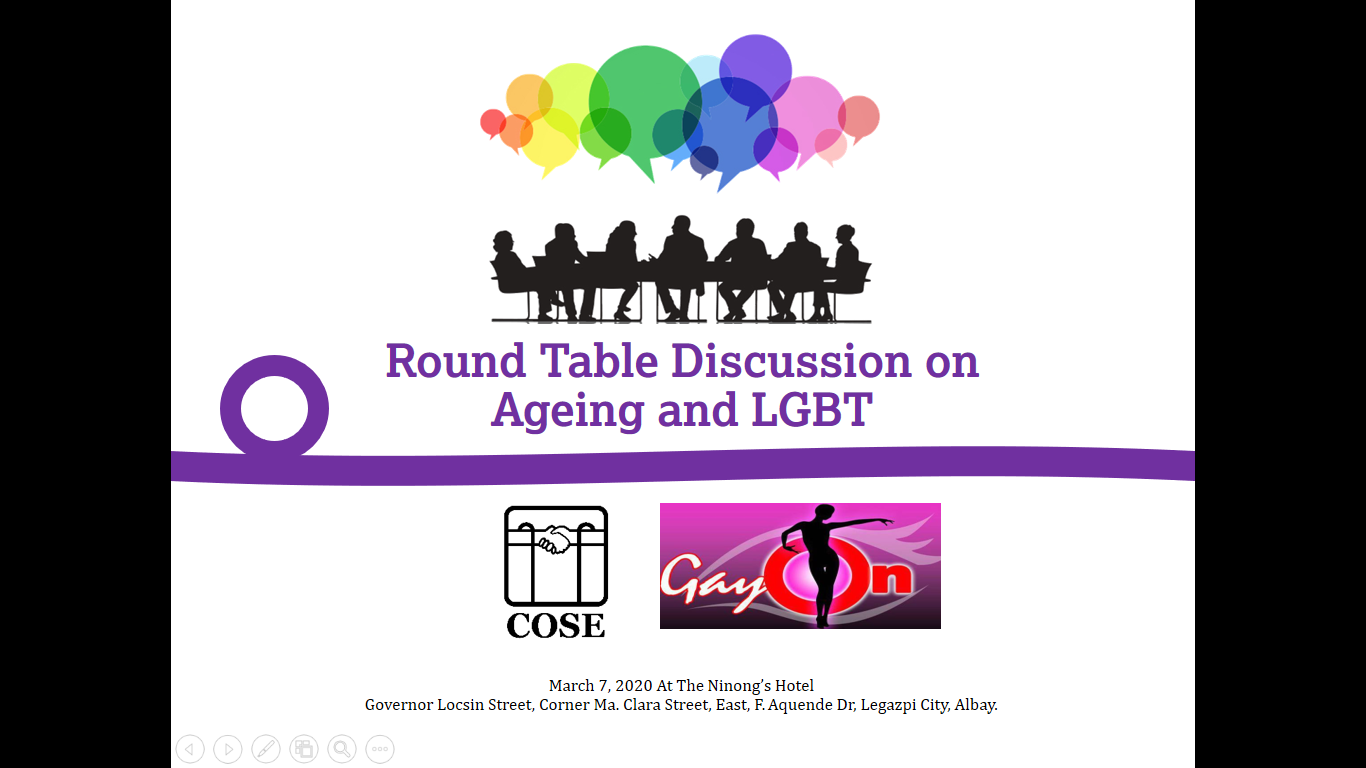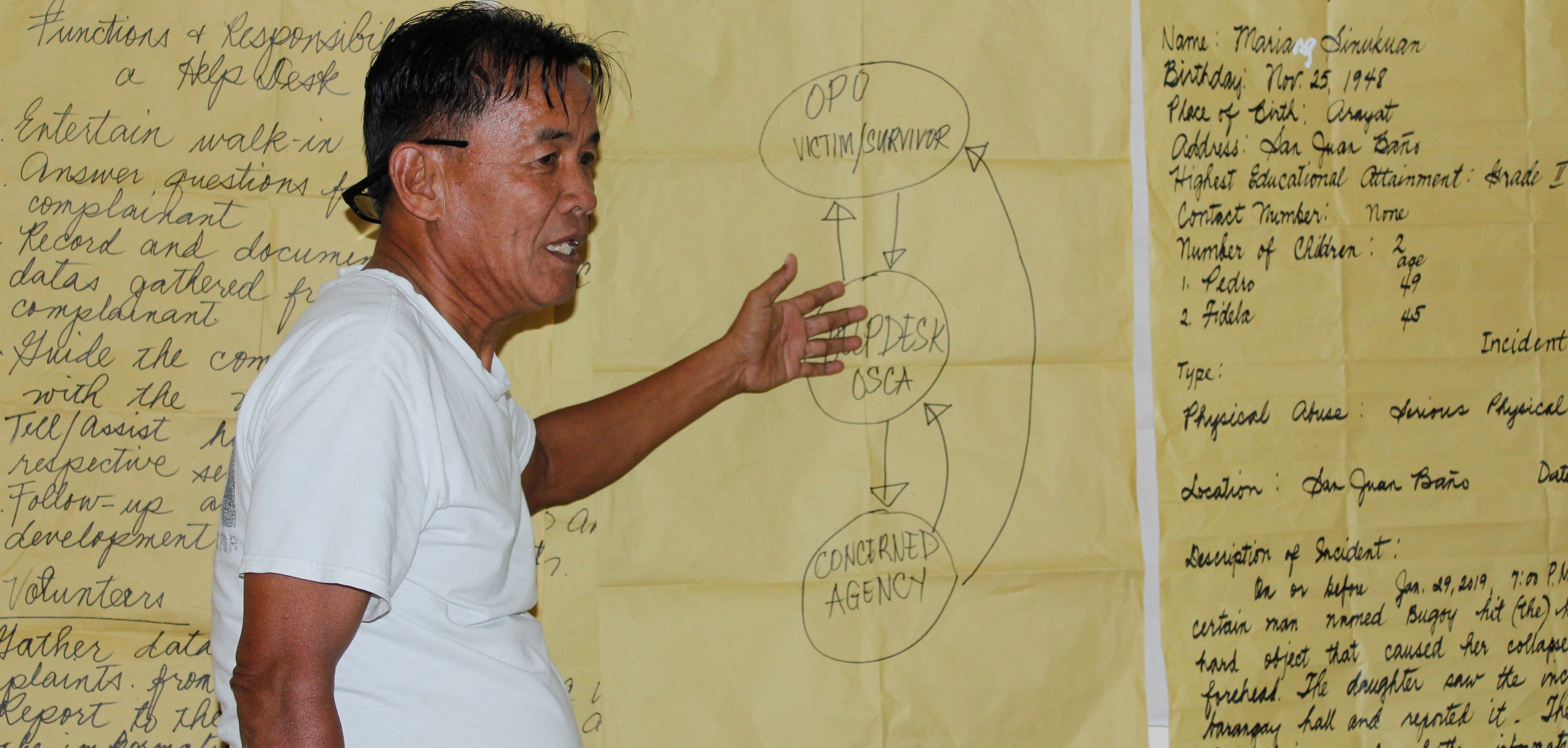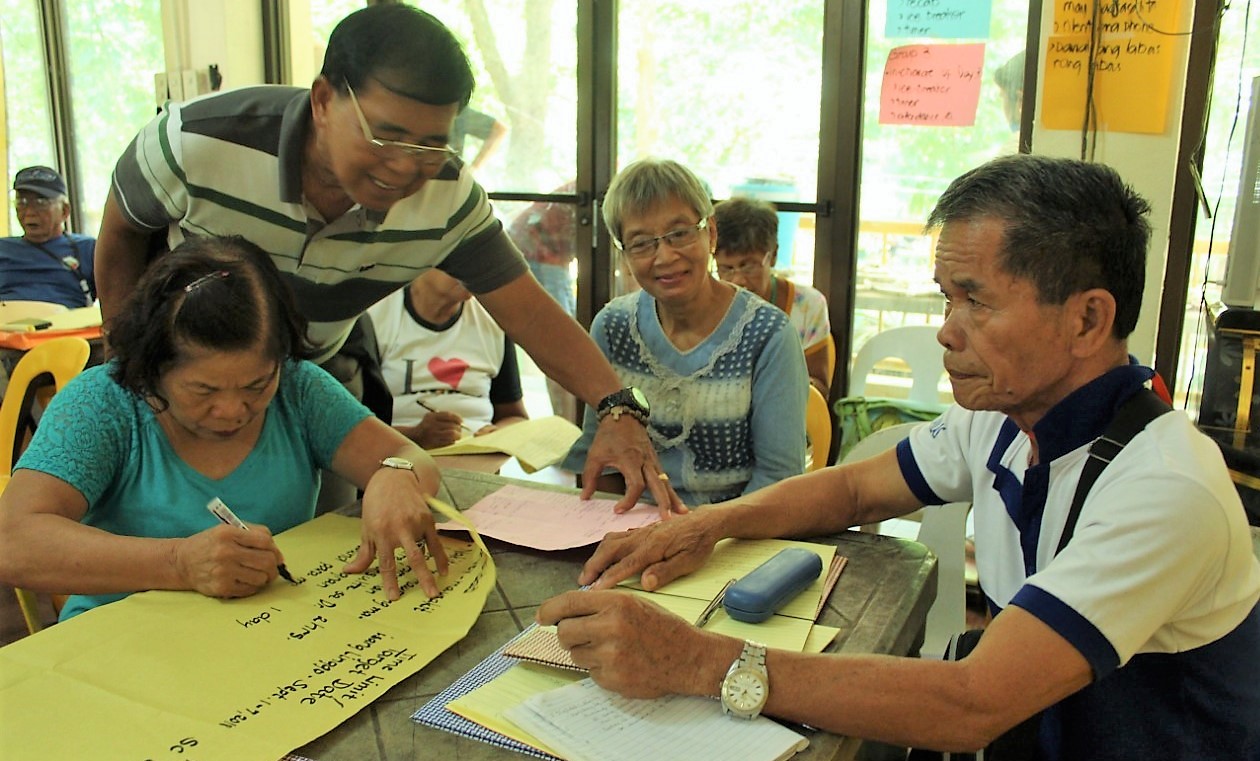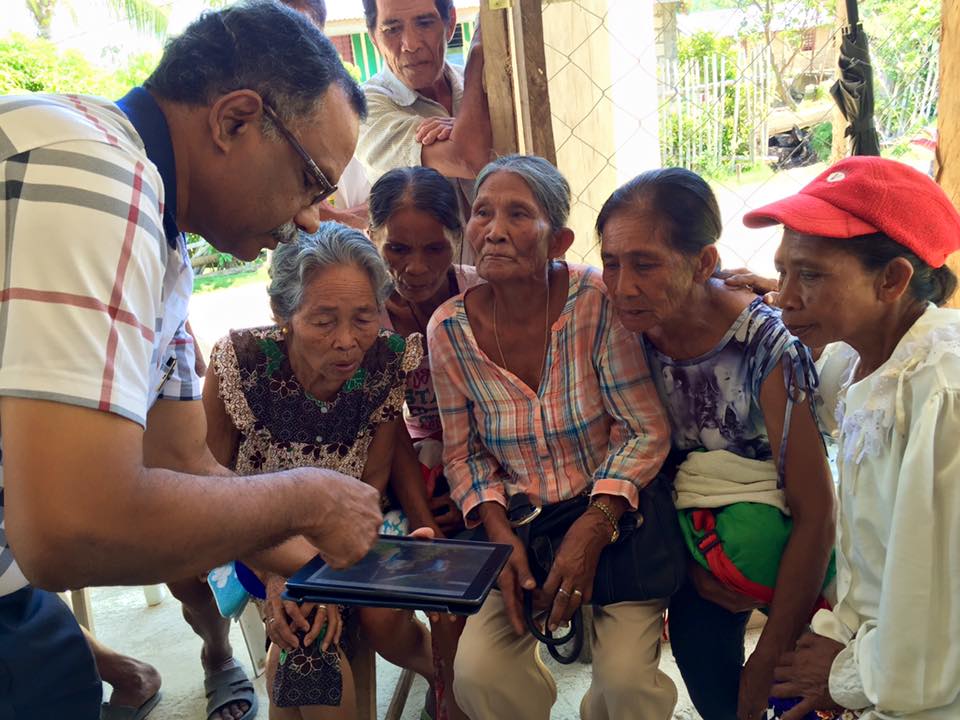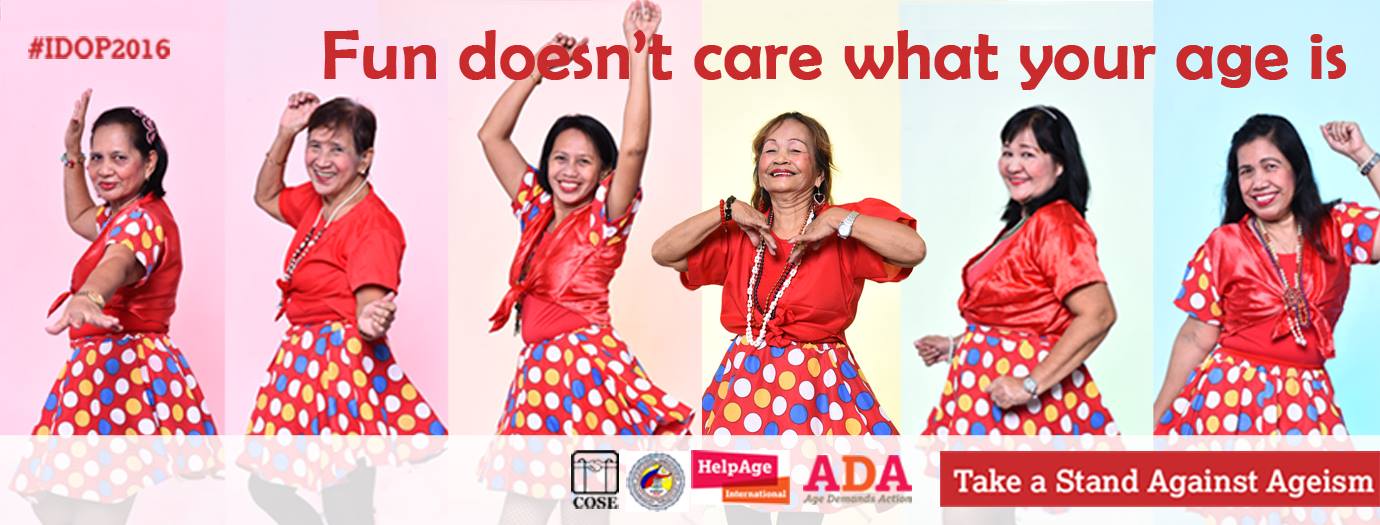Rightsholders find and co-create innovative solutions
Since Voice started in 2016, it has been working with various rights holders in the efforts towards access to productive and social services and political participation.
As the Philippines learns to navigate life in the new normal, Voice, a grant facility of the Ministry of Foreign Affairs of the Netherlands, in collaboration with YGOAL, a social enterprise offering consultancy services working as the program’s Linking and Learning Facilitator, highlighted how various rights holders and sectors often left behind in society have found innovative solutions to the unique challenges they faced, to encourage initiatives that will allow them to participate in co-creating inclusive programs as part of the country’s recovery efforts.
“While the pandemic has negatively impacted most of us, it has hit the most vulnerable sectors of society in deeper and more profound ways. Not only has it made their access to basic services even more challenging, it has also exacerbated the exclusion and exploitation that many of them already face even in ordinary times,” said Yani Alonto, Program Manager, Voice Philippines Linking and Learning Facilitation. “However, we are inspired by the efforts of various civil society organizations that Voice works with to address the gaps. We hope that their experiences and learnings can be considered by our authorities and institutions to develop equitable measures that will provide the necessary safety nets and support for these sectors at scale.”
At a recent roundtable, five of Voice’s grantees shared how the pandemic has impacted them and how they found new ways to address the problems and difficulties that emerged – Bidlisiw Foundation, Inc., which runs recovery programs for children using illegal drugs; Coalition of Services of the Elderly, Inc. (COSE), which supports older persons in poor communities; Development Action for Women Network Multi-Purpose Cooperative (DAWN-MPC), which helps women migrant returnees; ULIKID Parents Organization, Inc., which reaches out to children with disabilities; and Yakap sa Kaunlaran ng Bata, Inc. (YKBI), which works on a wide range of issues affecting children.
Women migrant returnees explore e-commerce and online support groups to overcome lack of income, resurfaced trauma
“Many migrant women workers return home scarred and afraid for their individual welfare as well as that of their families. Because of the pandemic, their past trauma resurfaced and led to mental health struggles during the lockdown,” said Luzviminda Antonio, Chair, DAWN-MPC.
Implementing a blended approach to keep older persons safe and healthy
COSE also found that many older persons in the Philippines still needed to work, due to their lack of retirement savings or pension. “Many remain as breadwinners for their families. However, because of movement restrictions and the fact that they can only have informal employment, many lost jobs and income, and eventually struggled with not having enough to eat,” said Dennis Destacamento, Project Coordinator, COSE. “They also dealt with denial of resources or services, isolation, neglect, and threats of physical violence and emotional abuse.”
During the pandemic, COSE started to use digital platforms to run its programs. As many of its members either struggle with technology or don’t have access to begin with, COSE implemented a blended arrangement, using technology when possible, but still incorporating face-to-face sessions. They have also taken to providing transportation to their staff so they can visit those under their care, while still ensuring the observation of the strictest health and safety protocols. COSE is also exploring providing insurance to its members.
Distance rehab and recovery, harnessing networks in communities
Despite careful observance of health and safety protocols, 12 of Bidlisiw’s staff became COVID-19 positive, while the rest of the personnel had to be quarantined for 20 days. While the experience hindered their operations, they were eventually able to regain their momentum as soon as everyone recovered. It also allowed Bidlisiw to understand the pandemic systems of different cities and incorporate their learnings into their response efforts.
Meanwhile, ULIKID, named after the Ilonggo word for “care/concern,” is an organization focused on community-based efforts to support children with disabilities (CWDs) in an urban slum area along the sea coast of Iloilo.
“Their homes are mostly box-type houses made of light materials such as wood, bamboo, nipa, coconut leaves, old tarpaulins, or plastic covers, built above the water of the shoreline. They are unstable, which makes them especially challenging for CWDs,” said Luis Abana III, Executive Director, ULIKID. “Furthermore, because their families live below the poverty line, they have been unable to get the treatments and support they needed.”
Because ULIKID’s beneficiaries had more limited mobility during the height of the lockdown, their ability to get relief packs or “ayuda” from the local government was also constrained. In addition, many did not have access to technology, making coordination and updates difficult. Thankfully, the organization’s community-based approach has allowed it to build networks in the different barangays it operates in. It has been able to connect with those who have access to digital platforms and mobilize them as needed. Moving forward, ULIKID aims to enhance its system for using digital platforms for advocacy and extending services to its rights holders.
“Online kamustahan” and barangay group chats
Even before the pandemic, child and teenage pregnancy have been called a “national social emergency” by the country’s socio-economic planning agency. In response to this pressing issue, YKBI, which implements a wide variety of programs and projects focusing on child poverty, created a program supporting teenage mothers, who often find themselves unable to go to school, and later, find jobs that can open up a bright future for them. While the pandemic was a big hurdle, YKBI found ways to continue its advocacy.
“We conducted ‘online kamustahan’ calls with teenage mothers under our care, which functioned as psychological and emotional well-being check-ups, as well as reproductive health and family planning sessions to prevent repeated pregnancies during the lockdown,” said Rosa Cosejo, Executive Director, YKBI. “Our staff and volunteers also created and moderated group chats of teenage mothers in different barangays, so that they can advise each other on various topics, from taking care of their babies to handling issues with their partners and families, and even advertise businesses that they started to earn income in spite of the pandemic.”
Aside from COVID-19, another disaster that devastated the lives of many in 2020 was the Taal Volcano eruption. YKBI had been busy with its programs implementing child-friendly spaces and providing relief goods and delivering psychosocial support to children and young adults in evacuation centres in Batangas when the lockdown happened. Once it was able to resume its operations, it had to add COVID-19 education and prevention initiatives to its work. It partnered with other organizations to help its beneficiaries access relief goods and “shelter kits” made of various materials to hasten rebuilding homes damaged by the volcanic eruption so that they can move there from the evacuation centres and observe social distancing measures.
Moving forward from COVID-19
As the pandemic is still ongoing and creating new challenges in the lives of various marginalized sectors, VOICE and YGOAL aim to continue engaging partnering with organizations so they can uncover and implement innovative solutions. “We believe that the unfolding barriers and opportunities set by current economic, socio-cultural, political, and health conditions can be faced through innovative thinking and meaningful collaborations with rights holders. We aim to further encourage and support the rights holder groups and their key allies so they can create transformative change in the communities they work with,” said Kayla Lapiz, Linking, Learning and Communication Officer, Voice Philippines and Indonesia.
For more information:
Voice: https://voice.global/
YGOAL: https://www.facebook.com/ygoal
Grantees:
Bidlisiw: https://www.facebook.com/bidlisiwfoundationph
COSE: https://www.facebook.com/COSEincPH
DAWN-MPC: https://www.facebook.com/dawnmpc.multicoop.7
ULIKID: https://www.facebook.com/ulikid
YKBI: https://www.facebook.com/YKBI2004
This story was first published on https://www.onenews.ph/


